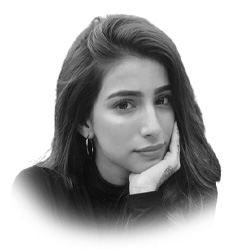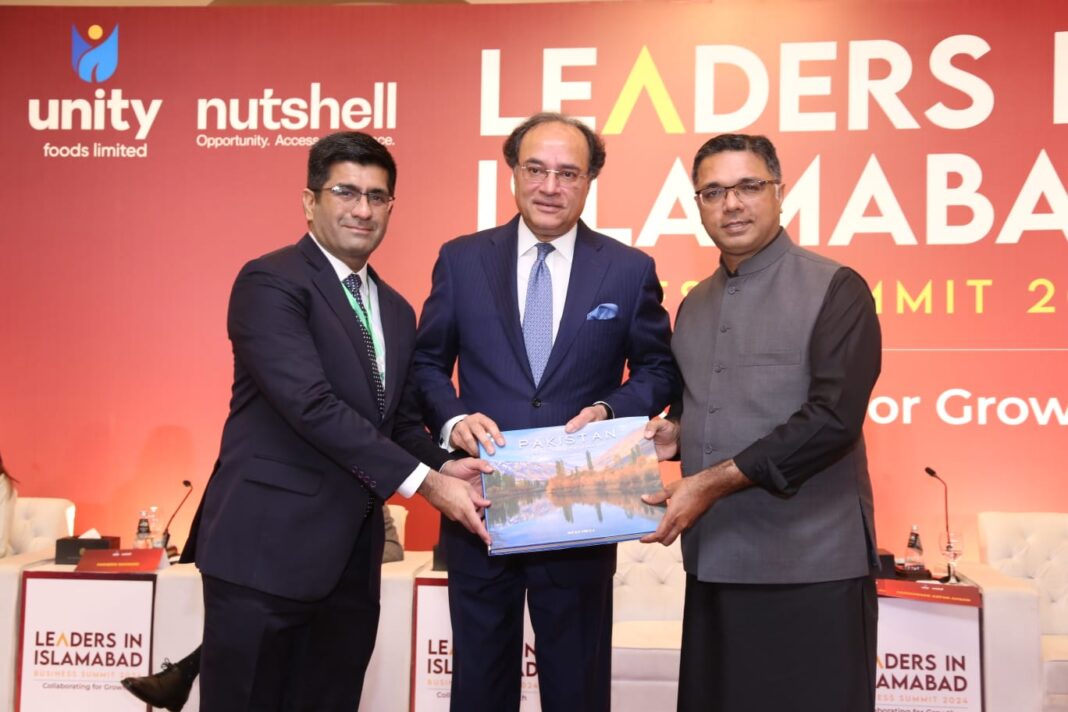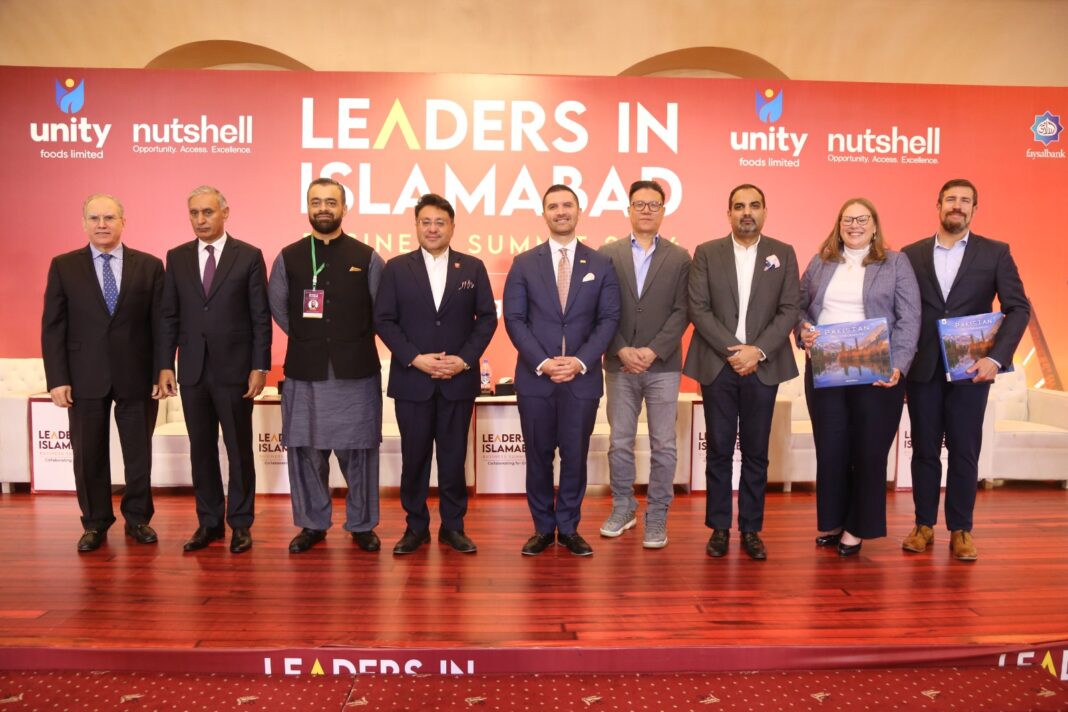By: Duaa Batool

While Liberals support individual liberties, their progressive outlook can be problematic for deeply ingrained traditional values that are ingrained in social norms and cultural legacy. Hardline traditionalists, who believe that liberalism is undermining society’s moral foundation and stability, frequently see this conflict as a threat. From this angle, it is possible to interpret the liberal ideal-driven development of social norms as a break from deeply held religious and customary practices that have historically shaped the collective identity of a society.
The popularity of liberalism has grown recently. It sounds good, it reinforces individual liberties and rights. Occasionally, though, it goes too far. Liberal ideologies have the power to fundamentally transform society and undermine core customs and values. The religious convictions, cultural legacy, and family that bind communities together may be harmed by this relentless drive for change.
Traditionalism’s advocates hold that there is a purpose for the enduring customs and values of the past. These principles maintain the stability of society and give us a feeling of community. Our distinctive cultures are preserved and we are taught valuable morals by our traditional beliefs. Adopting traditionalism entails safeguarding our cultural identity and preventing issues brought on by excessive change.
Another problem with liberalism is how it silences people who disagree. Under the pretext of being “politically correct,” liberalism has the power to crush opposing points of view and compel people to adopt a single viewpoint. This challenges the liberals’ supposed support for free speech and intellectual diversity. The defense of communal values is a necessary response from traditionalists to the problems posed by liberalism. This means placing neighborhood well-being ahead of personal preferences. In a complex world, traditional values that uphold marriage, respect elders, and protect cultural heritage point the way forward.
Using the example of Liberal ideas of free speech, press freedom, and democratic engagement stand in stark contrast to The Chinese Communist Party’s (CCP) strict control over political dissent, media censorship, and internet freedom. Liberal ideas of free-market competition and decentralized government are challenged by China’s emphasis on state-led capitalism and centralized control.
Furthermore, China’s foreign policy frequently rejects Western interference in the domestic affairs of other nations, placing a higher priority on national interests and sovereignty than liberal internationalism. These illustrations show how China’s ideology deviates from liberalism and reflects a larger threat to Western liberal values around the world.
Populist sentiments and the decline of established institutions are reflections of a larger disenchantment with liberal ideals. Traditionalism, on the other hand, maintains the significance of shared values that have endured over time, community, and stability. In a time of ideological ambiguity and social disintegration, adhering to traditional values can foster a sense of continuity and social cohesion. A re-evaluation of liberal presumptions and a reaffirmation of traditional principles may provide a useful framework as we negotiate the complexity of the modern world.
The writer is a student of international relations and currently working in the SDGs department of the National Assembly Pakistan. She can be reached at [email protected]








